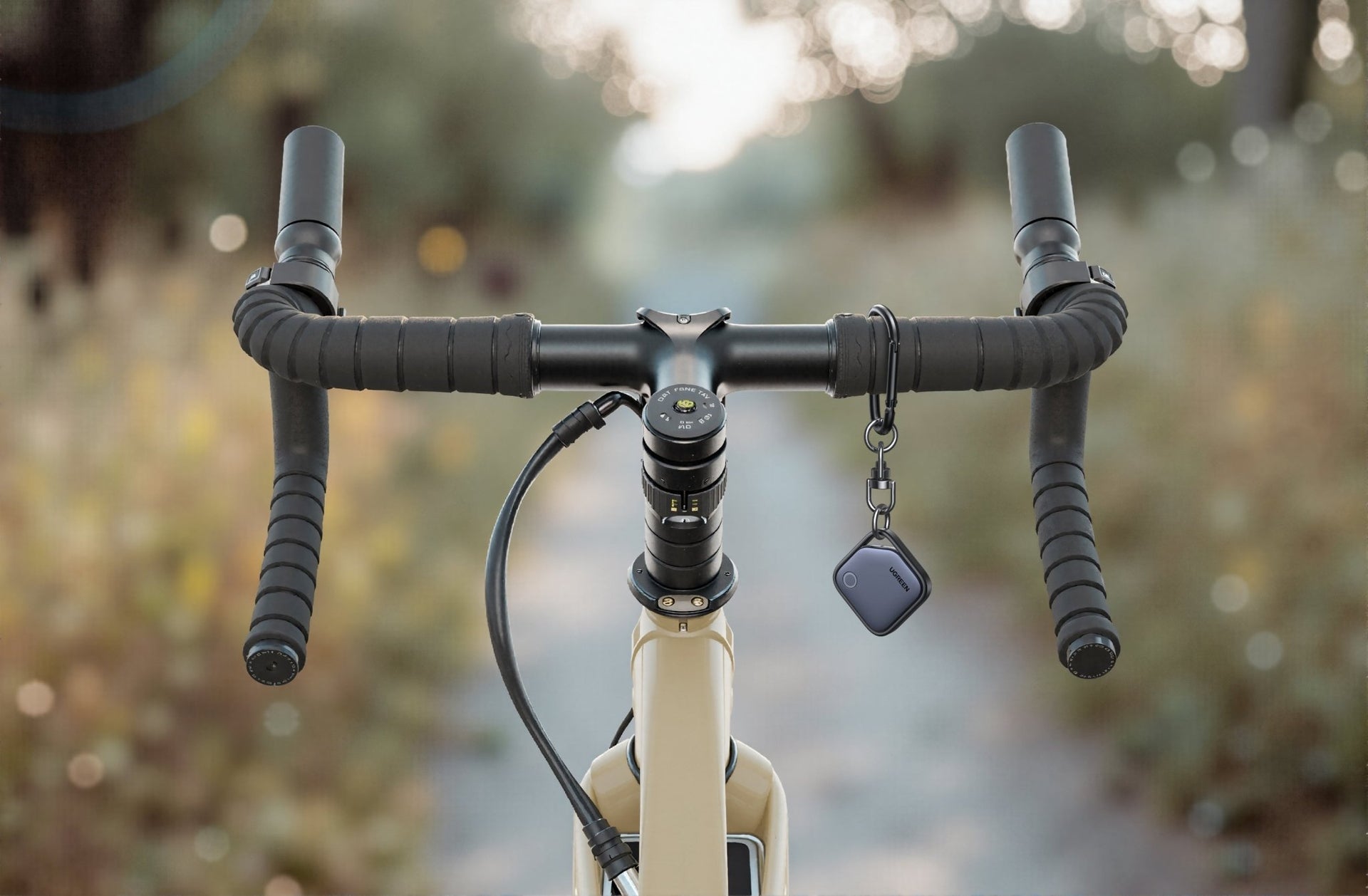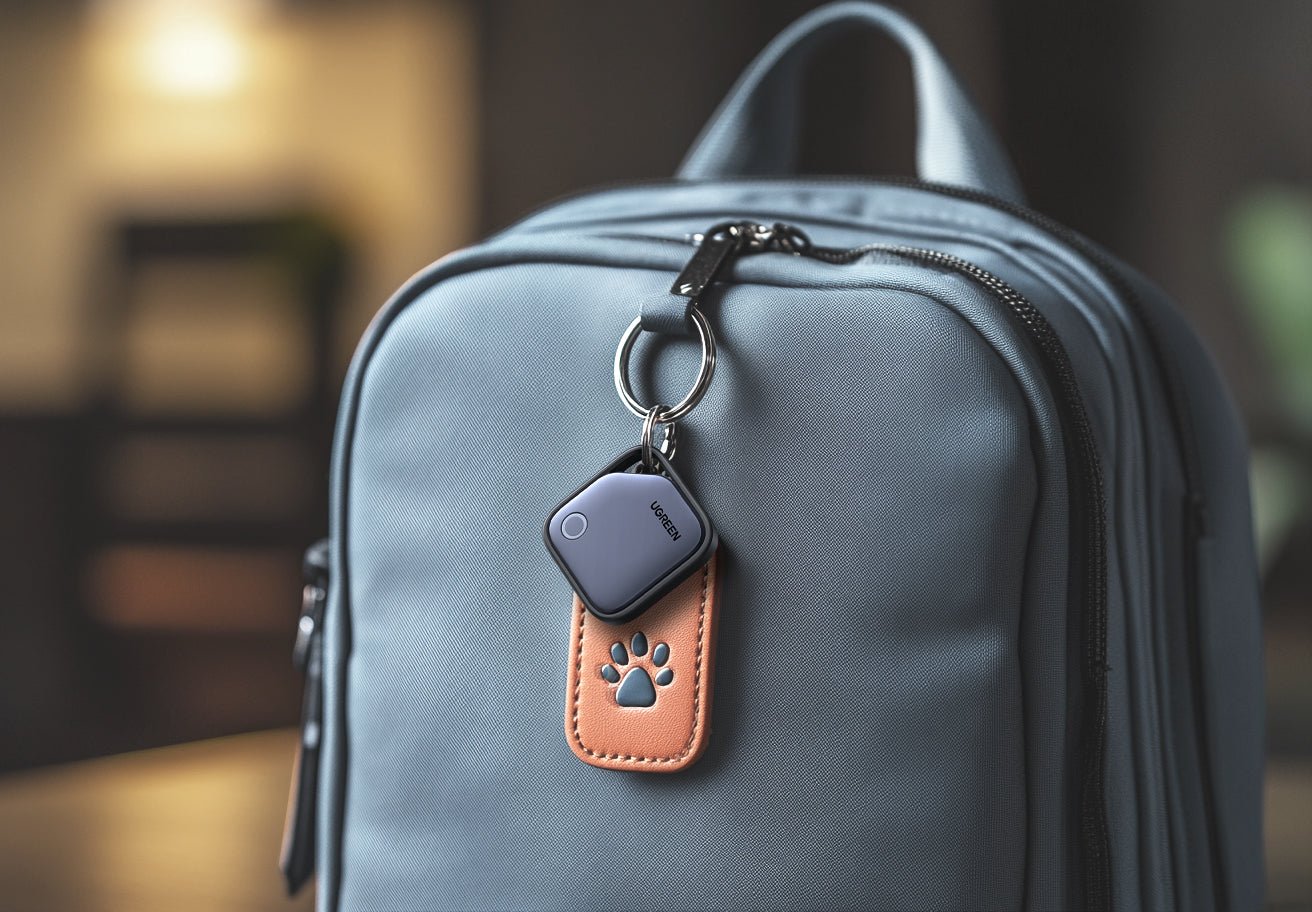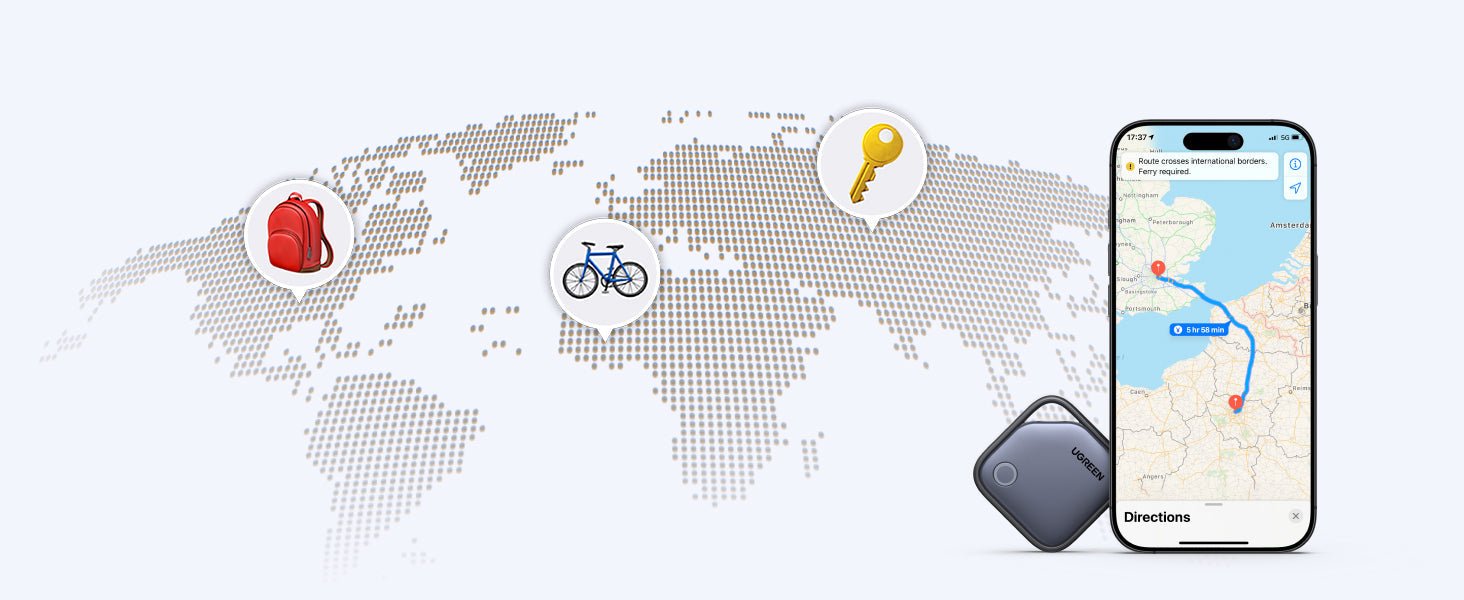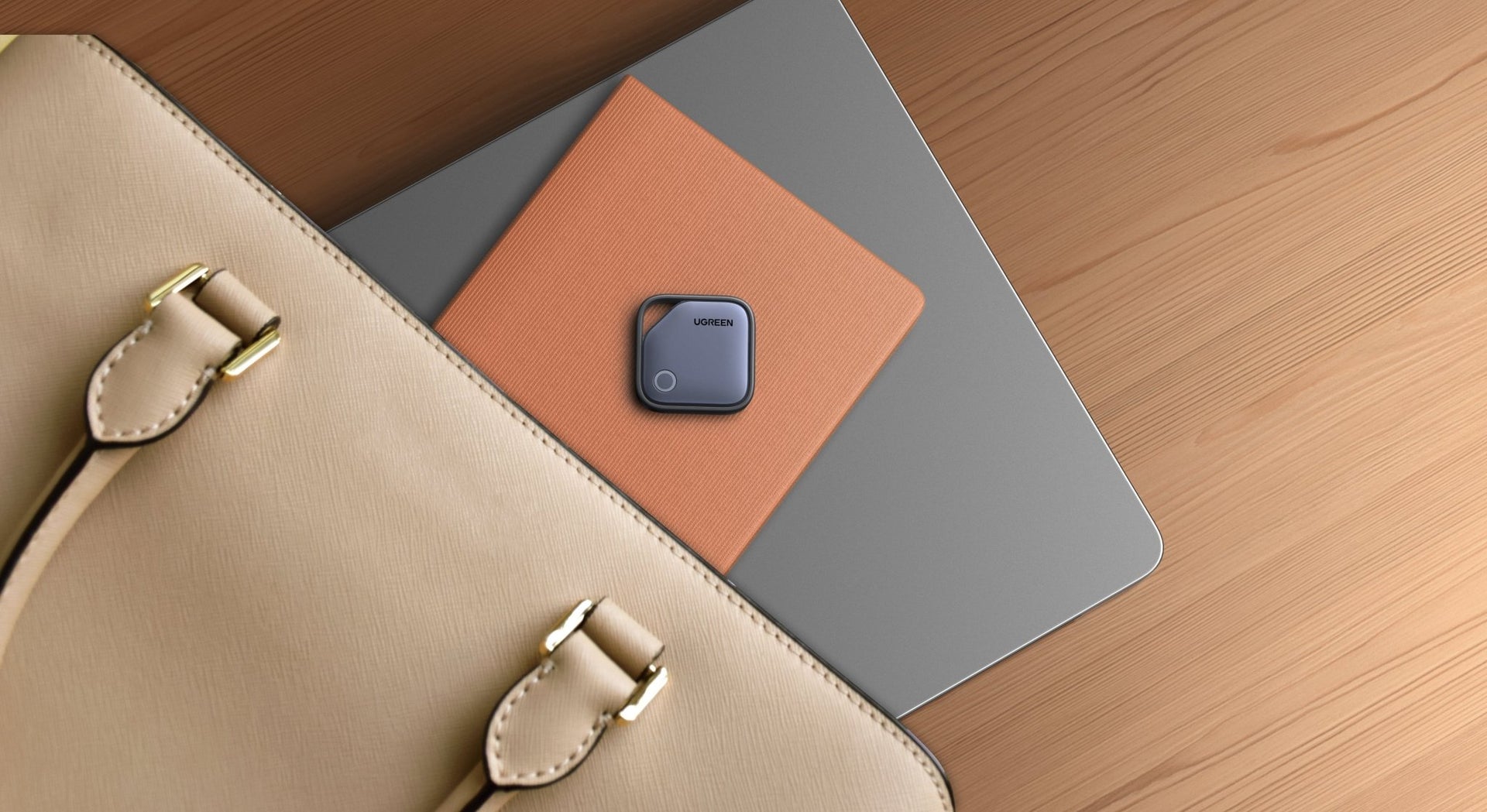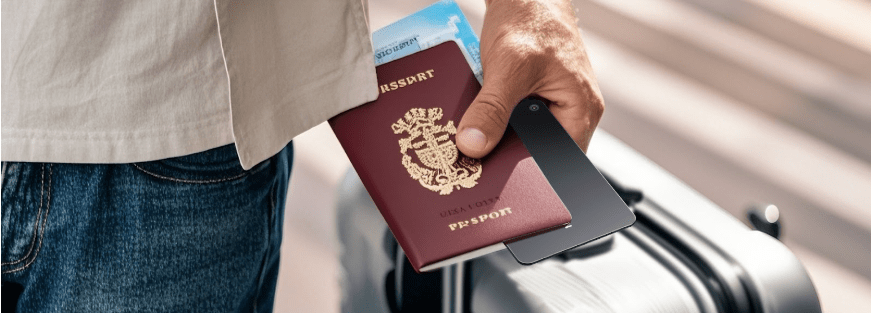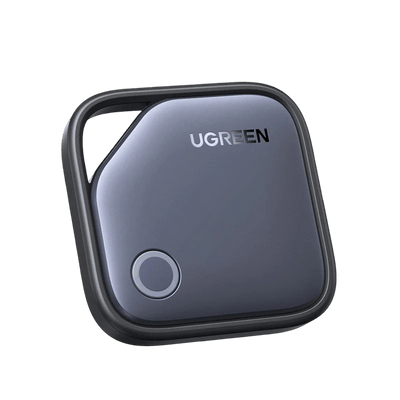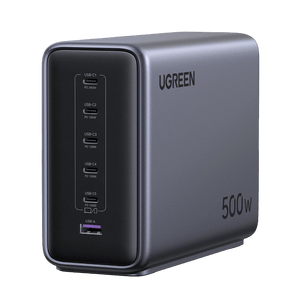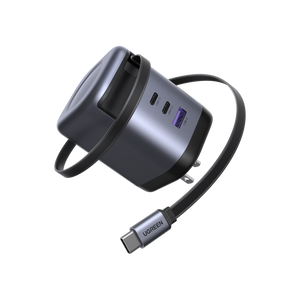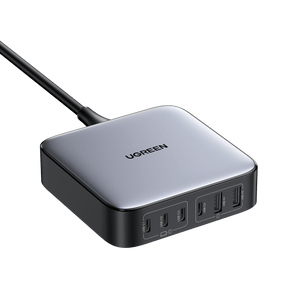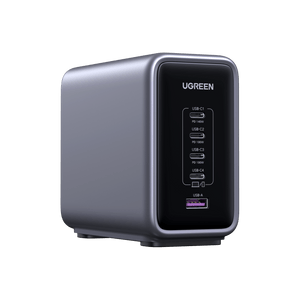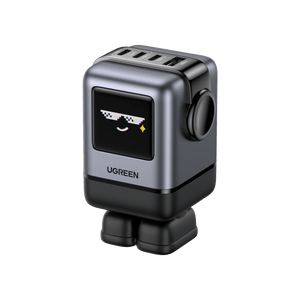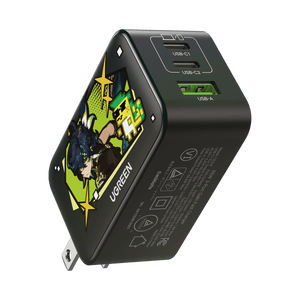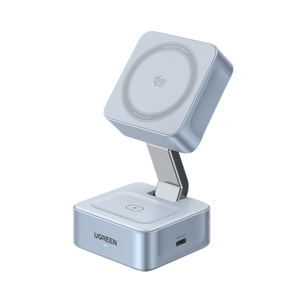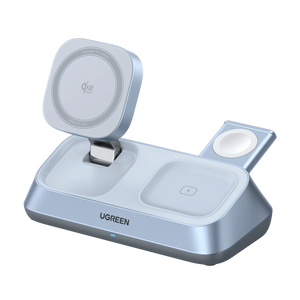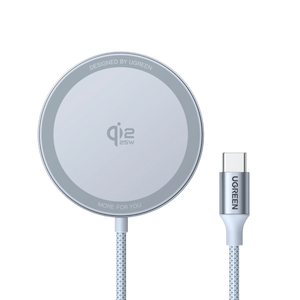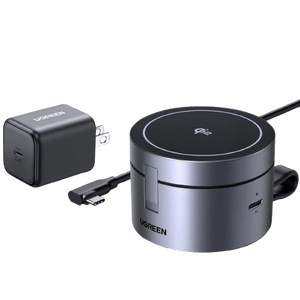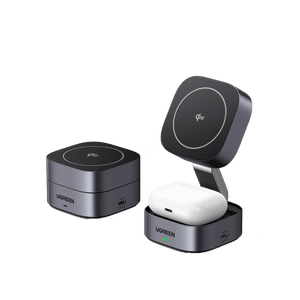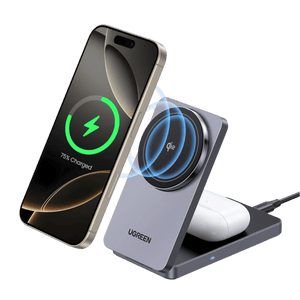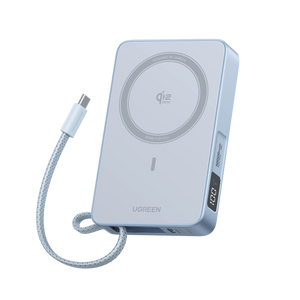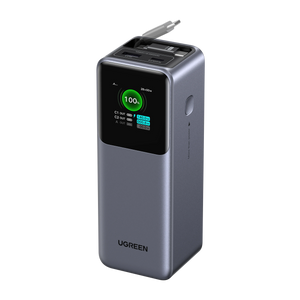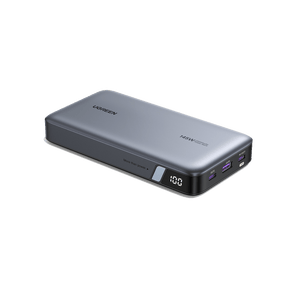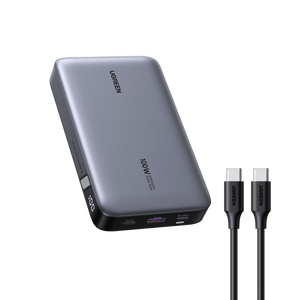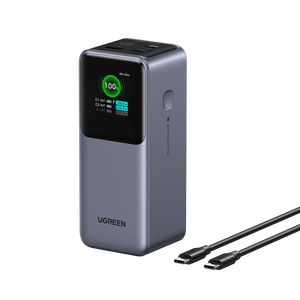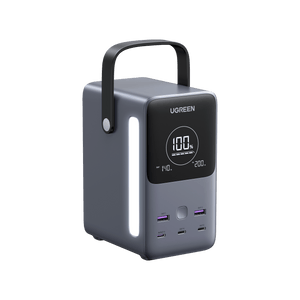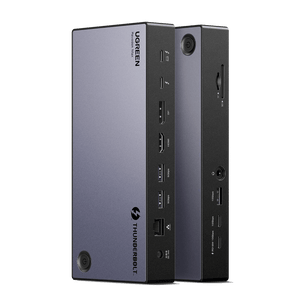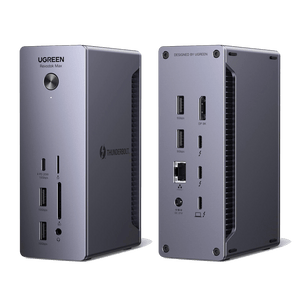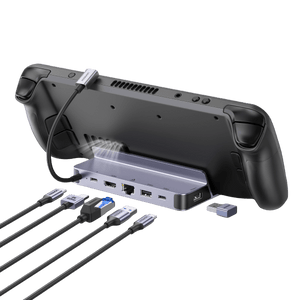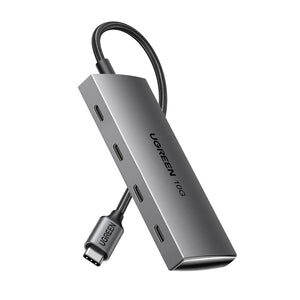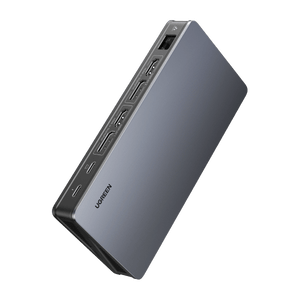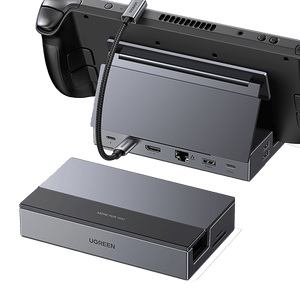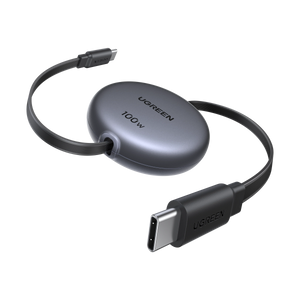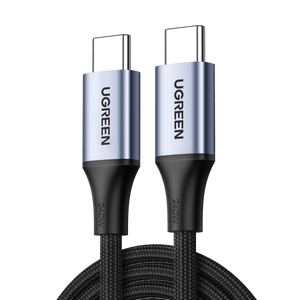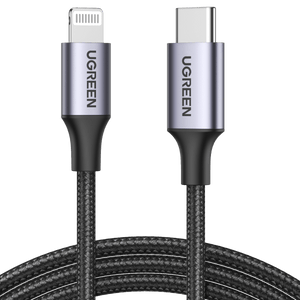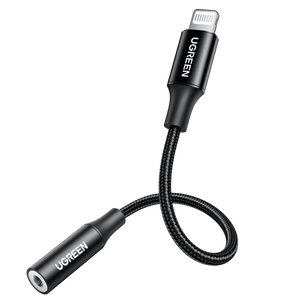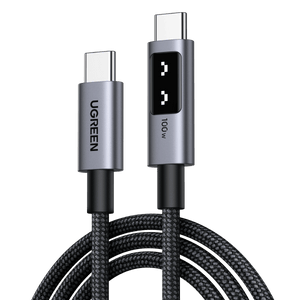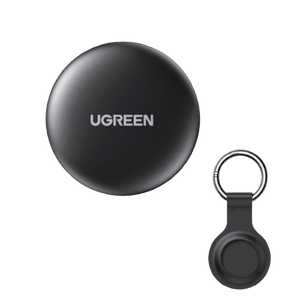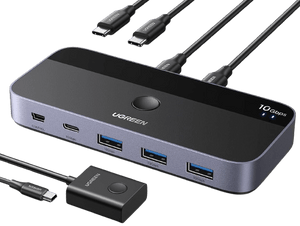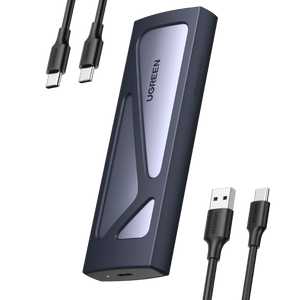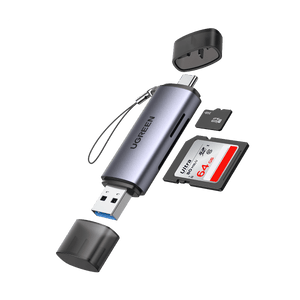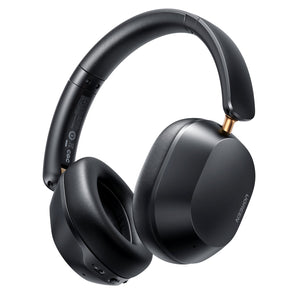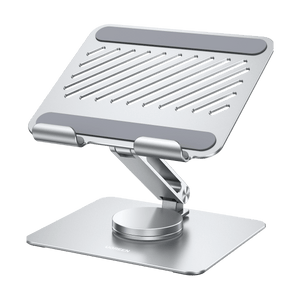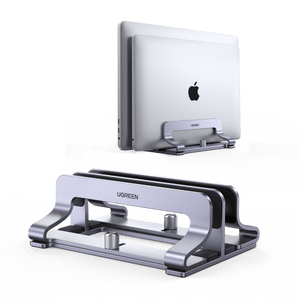How to Track Luggage on Flights: Smart Solutions That Really Work
Lost bags are more than a minor inconvenience; they represent a chronic problem that frustrates tens of thousands of UK travellers each month. According to a study by Ink Digital, British Airways faces around 6,938 monthly search inquiries from travellers trying to locate their missing luggage. Other major carriers aren’t far behind. KLM, easyJet, Emirates, and Lufthansa are among the top carriers most frequently associated with lost baggage searches in the UK.
The reasons behind these delays are identical. Short layovers, understaffed transfer crews, and baggage routing errors often leave travellers separated from their luggage for days. It’s no surprise that more travellers are opting for cabin-only bags. Others are finding new ways to maintain control over their baggage.
This is where smart tracking technology comes in. If you’ve ever wondered how to track luggage on flights, devices like the UGREEN Smart Finder offer a modern solution. These trackers let you monitor your checked baggage from your mobile phone, even during transfers, layovers, or long-haul flights. In this article, we will guide you through how smart trackers work, how to use them at every stage of your travel experience. We’ll also explore why they are becoming an essential part of trip planning.
How Smart Trackers Work in Aircraft Cargo Holds
It might sound surprising that a tiny Bluetooth tracker is still capable of sending signals when your suitcase is stored in the cargo hold. But it does, and here's why.
Signal Penetration in Aircraft
Bluetooth transmits radio waves over short distances (2.4 GHz), which can pass through thin metal and non-metal objects. Aircraft cargo bays are usually lined with composite panels or thin aluminium. These materials can weaken signals but not entirely block them. Especially, when bags are stowed close to the cabin floor, signals can reach passenger’s devices above. They often pass through the cabin floor with little interference.
Crowdsourced Tracking via Find My
Tracker devices, such as the UGREEN FineTrack Smart Finder, continuously emit their identity via Bluetooth Low Energy. They don’t need GPS or cellular reception. Instead, they rely on being detected by nearby iPhones or iPads, whether from fellow travellers or ground personnel. These devices then anonymously report the location back. Each “sighting” is time-stamped and sent securely to your phone.

Operation in Flight Mode
Mobile data and Wi-Fi are disabled in airplane mode. However, many people keep Bluetooth on, either out of habit or to use wireless earbuds. This makes the tracker discoverable by other phones when taxiing, waiting at the gate, or during a layover. This passive detection continues as luggage is loaded onto the plane. It allows smart trackers to alert your app seconds before take-off.
Real-world Testing Scenarios
If you want to confirm whether your bag is onboard, open the app 20–30 minutes before departure. If the last location shows the aircraft stand or gate, you can be confident that your luggage is with you.
UGREEN FineTrack: Your Luggage Tracking Solution
For reliable luggage tracking, the UGREEN FineTrack Smart Finder is a strong alternative to Apple’s AirTag. It’s especially well-suited for travellers looking for extended battery life, enhanced privacy protection, and child-safe design.

Built for iPhone users, it syncs directly with the Apple Find My app without the need for additional installation. This super-thin, discreet tag can easily fit inside a suitcase pocket or lining. Additionally, it features a replaceable CR2032 battery that can last up to 2 years. You can check the battery level on your phone, so that it won’t fail during a trip.

Safety is also a priority. The FineTrack is UL4200A certified, meaning its cover cannot be easily removed by children. This helps reduce the risk of accidental battery ingestion. It features worldwide location tracking, left-behind alerts. A loud sound alert also helps you quickly locate your bag when it’s within range.
{{UGPRODUCT}}
Here’s how it compares to Apple’s AirTag:
| Feature | UGREEN FineTrack | Apple AirTag |
|---|---|---|
| Battery Life | Up to 2 years | 1 year |
| Battery Type | Replaceable CR2032 | Replaceable CR2032 |
| iOS Compatibility | Find My compatible | Find My compatible |
| Privacy Encryption | End-to-end (User only) | End-to-end |
| Safety Cert. (Child) | UL4200A Certified | None |
| Volume (Sound Alert) | Loud, adjustable | Moderate |
| Custom Labels | Included stickers | Not included |
| Size (mm) | 36 × 36 × 7.4 | 31.9 × 31.9 × 8.0 |
| Price (Est.) | £12.17 | £24.99 |
Step-by-Step Luggage Tracking Guide
Smart trackers are invaluable, but they need to be used correctly. Here’s how to retain control from check-in to carousel.
Before You Board
After checking your bag, open the Find My app and make sure that the tracker shows a recent location. If it updates while being handled by ground staff, it confirms that the tracker is functioning and your bag is being processed normally.
While in the Air
Even when in flight mode, your tracker is not totally silent. Devices like the FineTrack rely on the wider Apple Find My network. So, if another traveller’s iPhone comes close to your bag (in the luggage compartment or loading area), it will beep to indicate its location. A pre-takeoff update is your assurance that the bag made it on board.
At Layovers
Watch for new location updates as your flight arrives. If your suitcase shows up at a different terminal or gate, it's likely being switched. No update? It may still be en route, so continue to check for any updates.
After Arrival
As soon as your phone reconnects, check the tracker’s location. If your luggage is nearby, tap “Play Sound” to pinpoint it on the carousel. This feature is especially helpful when dozens of black suitcases appear identical.
Troubleshooting: What to Do When Your Luggage Goes Missing
1. Check Your Tracker First
The moment your luggage fails to appear on the belt, open the Find My app (or your tracker's app) to locate it. Verify the last known location. In case your bag remains at the departure airport or wasn't taken aboard by the aircraft, that's your first clue.
2. Report with Evidence
Go straight to the airline's baggage services desk. Explain the situation and provide your tracker details. A screenshot of the last ping can help attendants to react more promptly. Most attendants are familiar with smart trackers, like the UGREEN Smart Finder or AirTags. So, they will know how to utilize that data.
3. Log Every Update
Keep track of any movement or location updates your tag reports. Record the timestamp, location, and any noticeable changes that occur. These records are crucial if you need to file a claim with the airline or travel insurance company. The more detailed your log, the stronger your case will be.
4. Don’t Rely on Luck
Missing bags can be stressful, but staying informed helps keep everything in perspective. Your tracker provides an accurate timeline; use it to stay on track. Acting quickly, staying calm, and presenting solid facts lead to faster resolutions and easier claims.
Conclusion
Losing your luggage doesn't have to be a source of anxiety. With tools like the UGREEN Smart Finder, a reliable smart finder for flight travel, you get real-time visibility and peace of mind. Even when your bag is out of sight, you stay connected from check-in to the carousel. Whether it's a short trip or a long haul, this convenient device should be included in your essential packing list. Because in today's travel environment, smart preparation is no longer a luxury, it's a necessity.
